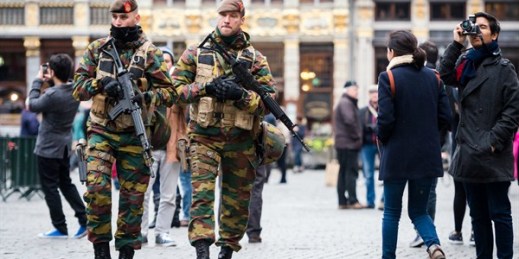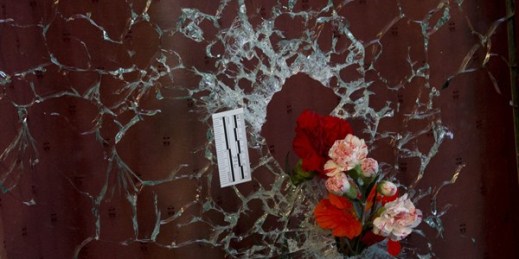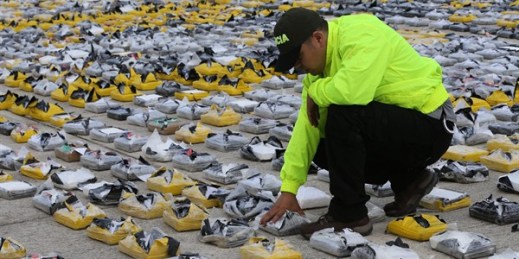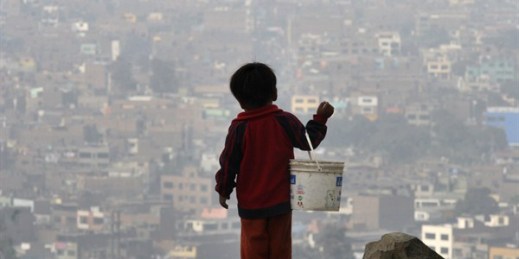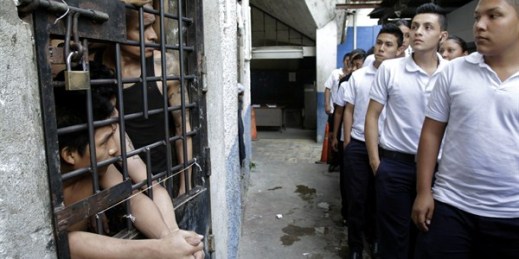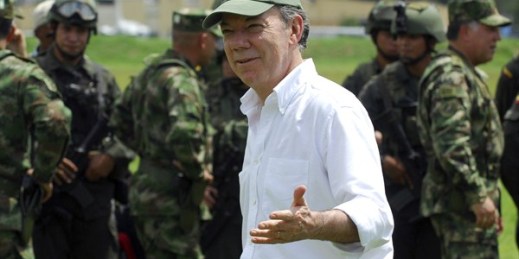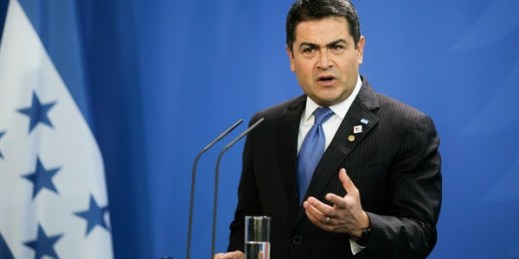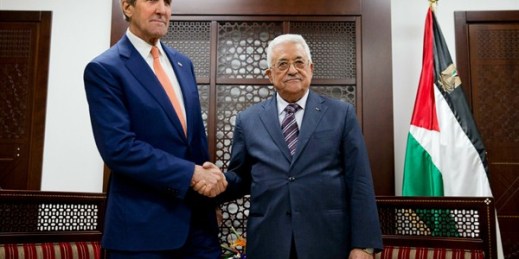
Palestinian President Mahmoud Abbas could not have anticipated how quickly his threats to end cooperation with Israel would be tested after he declared the Oslo Accords dead in a defiant address at the United Nations in September. With violence spiking in the occupied West Bank and Jerusalem, the aging Palestinian leader is seeking to constrain attacks against Israel without losing more of his legitimacy among an increasingly angry Palestinian populace. The upsurge in violence and reprisal attacks, with the latest this past Sunday, have left the Palestinian Authority (PA) with a dilemma: how to fulfill its commitments to maintain security […]

